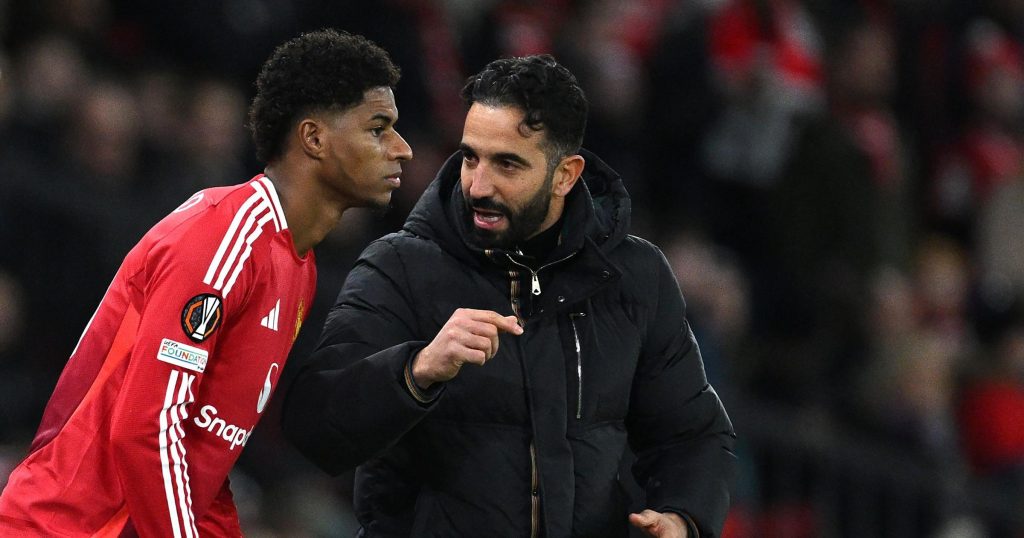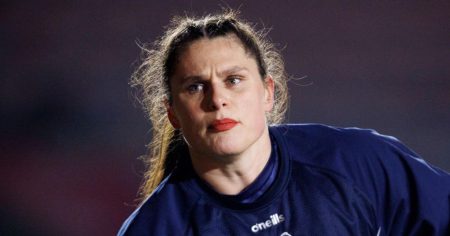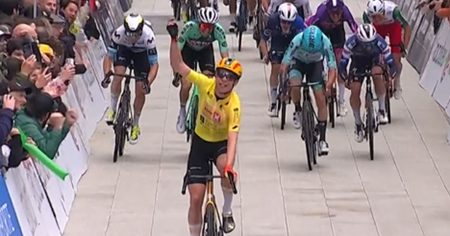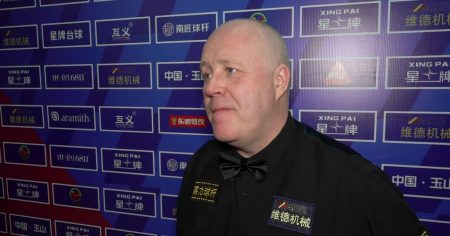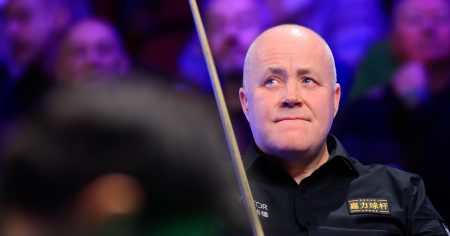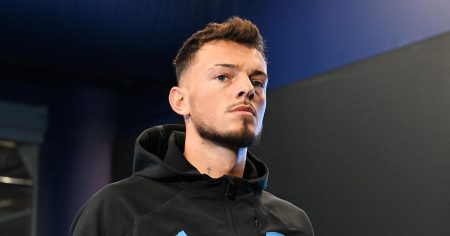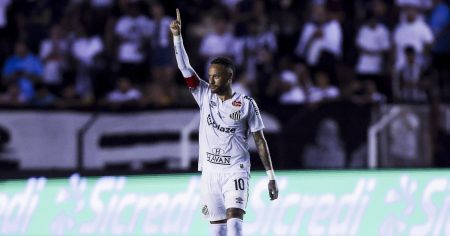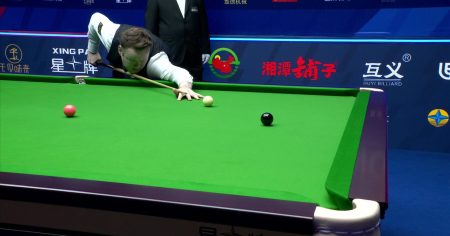Marcus Rashford’s Uncertain Future at Manchester United
Marcus Rashford’s tenure at Manchester United appears to be nearing its end, with a loan move to Aston Villa signaling a potential permanent departure. While United holds his contract until 2028, the relationship between player and club seems fractured beyond repair, making a return unlikely even with a managerial change. While a pre-season appearance remains a slim possibility, Rashford’s future seems destined to lie elsewhere, with both Aston Villa and Barcelona vying for his signature. This situation mirrors Jadon Sancho’s previous fallout with the club, which ultimately led to his loan move to Chelsea. Aston Villa, having secured Rashford’s services, further bolstered their attack with the acquisition of Marco Asensio from Paris Saint-Germain. Interestingly, Rashford’s loan deal lacks a recall clause, suggesting United are fully prepared to move forward without him, regardless of his performance at Villa Park.
Manchester United’s Prudent January Transfer Window
Despite parting ways with Rashford and facing uncertainty surrounding Rasmus Hojlund’s fitness, Manchester United opted against signing a forward in the January transfer window. The club prioritized financial prudence over rash decisions, choosing to acquire young talents Patrick Dorgu and Ayden Heaven instead of pursuing expensive loans or short-term fixes. United’s enquiries for Mathys Tel and Christopher Nkunku underscore their interest in young prospects, but they remained unwilling to compromise their long-term strategy by overspending on players who might not fit their future plans. This cautious approach allows them to preserve their budget for the summer window, where a wider range of suitable players will be available. The club’s financial constraints and adherence to Financial Fair Play regulations further emphasize the need for responsible spending, with ongoing efforts to reduce costs and boost revenue.
Newcastle United’s Summer Transfer Targets and Ambitions
Looking ahead to the summer transfer window, Newcastle United are reportedly eyeing Justin Kluivert as a potential replacement for Alexander Isak, should the Swedish striker depart. Arsenal and Barcelona have expressed interest in Isak, whose impressive goal tally has attracted attention. Kluivert’s recent form, including 11 Premier League goals, makes him an attractive option for Newcastle, and his arrival would follow in the footsteps of his father, Patrick Kluivert. Isak’s future at Newcastle might hinge on the club’s ability to secure Champions League football, with the possibility of a lucrative transfer looming if they fall short.
Newcastle’s £100 Million Summer Spending Potential
Newcastle United’s financial muscle is expected to be on display in the summer transfer window, with a potential spending spree of £100 million. Several player departures, including Lloyd Kelly’s loan move to Juventus (potentially becoming permanent for £20 million) and Miguel Almiron’s return to Atlanta United (£9 million), have freed up funds for incoming transfers. The club’s focus lies on strengthening their center-back, right-wing, and striker positions, with targets like Johan Bakayoko, Tyler Dibling, and Ilya Zabarnyi being considered. Newcastle’s summer transfer strategy will be influenced by their league position and potential Champions League qualification, with different plans in place depending on their European prospects. The influx of funds, coupled with astute recruitment, positions Newcastle to further bolster their squad and solidify their ambitions for both domestic and European success.
Analyzing Manchester United’s Transfer Strategy
Manchester United’s decision to refrain from signing a forward in January highlights a shift towards long-term planning and financial responsibility. While the departure of Rashford and doubts about Hojlund’s availability might have warranted a short-term signing, the club chose to prioritize its summer budget and avoid potentially costly mistakes. This approach, driven by financial constraints and FFP regulations, underscores a commitment to sustainable growth and building a squad aligned with the manager’s long-term vision. The acquisition of young prospects Dorgu and Heaven further reinforces the emphasis on developing talent for the future.
Newcastle’s Ambitions and Transfer Plans
Newcastle United’s potential £100 million summer spending spree signifies their ambition to establish themselves as a force in English football. The funds generated from player sales have provided the resources for significant investment in key areas, with a focus on building a squad capable of competing at the highest level. The pursuit of Kluivert as a potential Isak replacement demonstrates their proactive approach to squad building, while the interest in Bakayoko, Dibling, and Zabarnyi highlights their commitment to long-term development and strategic recruitment. The club’s transfer plans will be shaped by their league position and potential Champions League qualification, with a flexible strategy designed to address specific needs and ensure a balanced squad.




